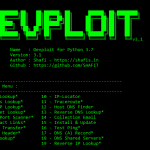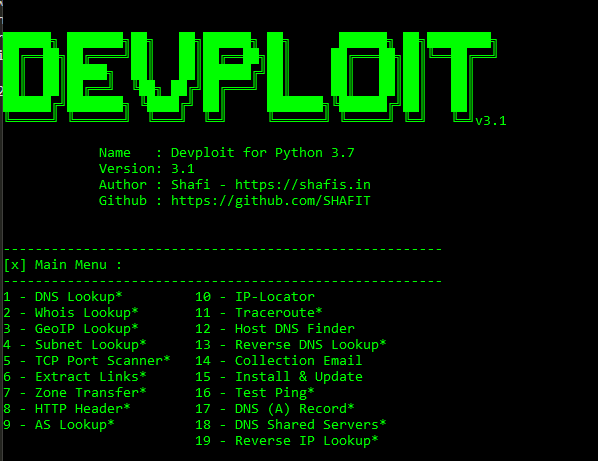Brutescrape is a tool designed to parse out text from specific web pages and generate password lists for bruteforcing with this text. The main idea in mind was to be able to create password lists that were specific to an organization. This way, the user will then have a password list that contains keywords specific to the target entity, which provides a better chance at recovering credentials used within said entity. Furthermore, the use of rule files found within the users favorite password cracking tool could essentially increase the chances of recovering plain text passwords from an organization.
I was looking for a simple solution for generating a password list that is specific to a separate language. It’s obvious that we can find out wordlist based on English dictionaries. But it is very difficult to find one specific to a regional language. The only way to generate search word list is bye scrapping websites those publishes articles on it languages. I searched on GitHub and I found small application in Python which was released 4 years ago. I was using Python 3.7 which is a newer version and I had to do a workaround to get that script running.
After a couple of modifications in the script, I was able to to run it without any error on Windows 10. It basically runs without much dependencies. I hope all the dependencies and libraries are available by default, if not available we will have to install it separately. I made a few changes to the debug informations which will be helping the user who don’t know how to code in Python.
https://github.com/SHAFIT/brutescrape.git
Example: The user is performing a penetration test against HackMe, Inc. The user knows the HackMe company has a website http://www.hackme.com/, and uses BruteScrape against this site. The user now has a password file created specifically from parsing text within HackMe’s website. The user then uses this wordlist against hashes they had found during a phase of the pentest. The user then decides to use this wordlist against his list of hashes within oclHashcat, and recovers the plain text of a hash: “hackme”.
In this example, the user found a very weak password, but cases such as these would be very rare, as organizations usually have password policies in place. The use of rules files would probably be more viable in recovering these plain text hash values, and so the user attempts to crack the hashes again, this time using a rule file that will append 4 digits from 0000 – 9999 at the end of every word in his list.
Ah! More hashes are found: “hackme4331,hackme9901”. How about a rule to change every word to leet speak?
More hashes found: “h4ckm3, h4ckm3,inc.P455”. And so on and so forth.
Using the script is simple. The target webpage(s) should be listed in your “sites.scrape” file like so-
http://www.site.com,
http://www.site2.com,
http://www.site3.com/index.php,
http://www.site4.com/adminThen run the script-
python brutescrape.py
And that’s it. The target sites defined in your “sites.scrape” file will be parsed through and the parsed words will be written to a file named “passwordList.txt”.










